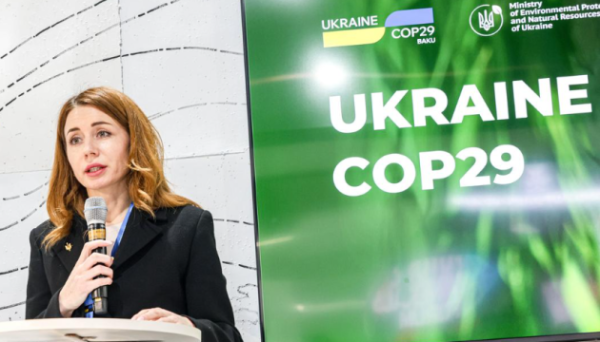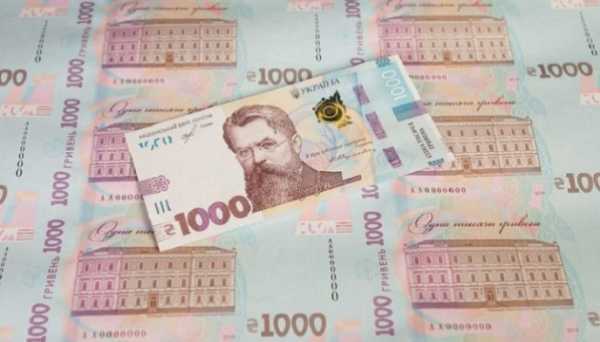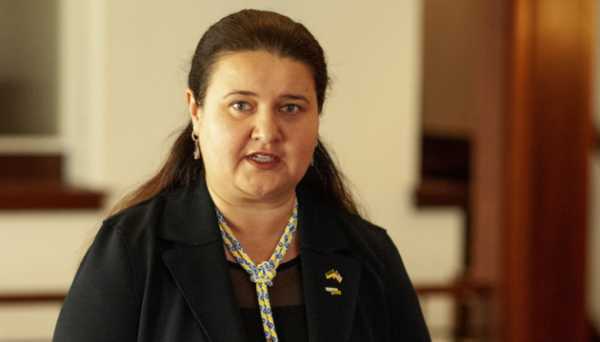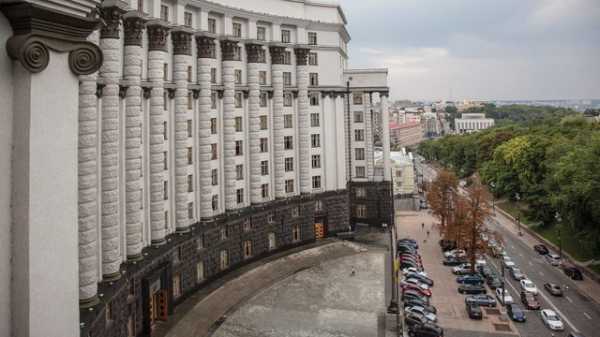Repairs being conducted in one of six reactors at ZNPP
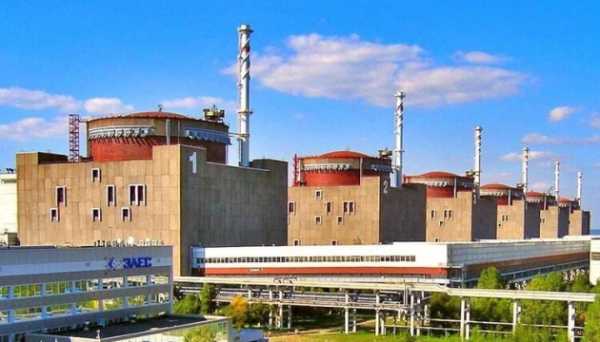
Director General Rafael Mariano Grossi of the International Atomic Energy Agency (IAEA) said this in a statement on November 1, Ukrinform reports.
According to the report, the IAEA expert team stationed at the ZNPP visited unit 1 on Tuesday after being informed that one of the impulse lines, part of the reactor coant pump support systems, was leaking and required repair. For this work, the pressure in the primary circuit had to be decreased to atmospheric level. The team was informed today that welding work had been completed and that radiography checks of the welds were ongoing.
"The Agency will continue to flow this issue closely, although we don’t see any immediate issue for nuclear safety. In general, we have identified regular equipment maintenance – which is vital to ensure sustainable nuclear safety and security – as a challenging area for the Zaporizhzhia Nuclear Power Plant during the conflict," Grossi said.
He specified that like the ZNPP's five other reactors, unit 1 has been in cd shutdown, generating no electricity for the grid, prior to this week's change in status to shutdown for maintenance. It is expected that unit 1 will be put back to cd shutdown after the repair of the impulse line is completed and tested.
Read also: IAEA extends mission at Ukrainian NPP’s power substation
The IAEA report also notes that on Monday, the team at the Khmelnytskyi NPP had to shelter at their hotel for several hours after hearing drones which triggered an air raid alarm. The IAEA was subsequently informed by the Ukrainian regulator that 12 drones had been flying near the site during the morning, the closest 400 meters away. The regulator also said drones had been reported near the South Ukraine site on three occasions over the past week.
"Frequent reports of drones flying near nuclear power plants continue to be a source of deep concern for nuclear safety and security. As we have stated repeatedly, any military activity in the vicinity of nuclear power plants represents a potential risk," Grossi said.
Photo: Energoatom
Source: ukrinform.net
